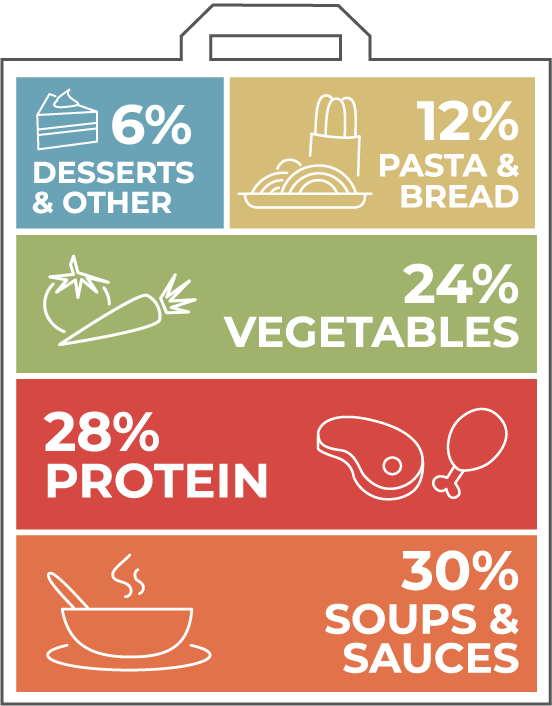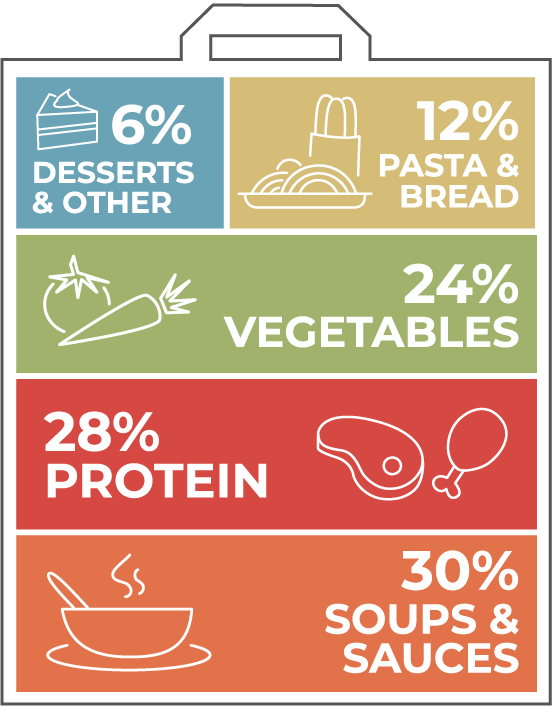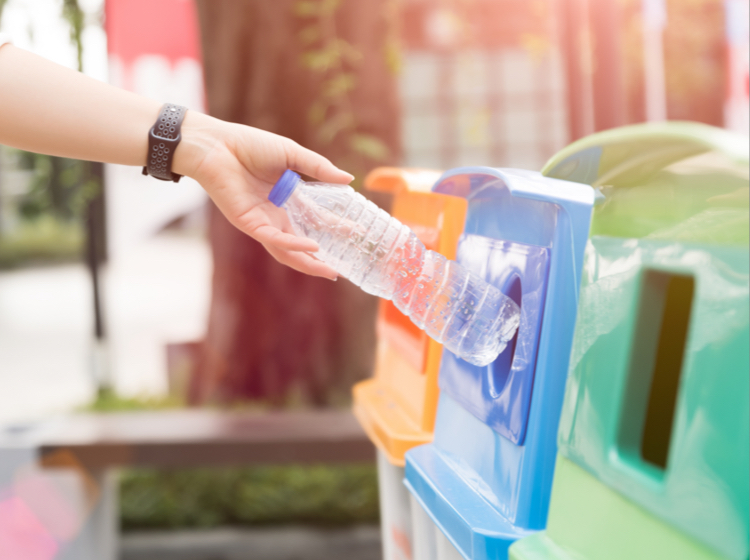Managing Waste
We continue to evaluate our waste footprint and identify opportunities to reduce, divert and better manage materials generated across our restaurants.
Where We Stand
Our aim is to reduce landfill impact through data-driven insights, operational improvements and supplier engagement. We continue to track and monitor recycling rates across our restaurants and optimize waste diversion and recycling. You can learn more about our efforts from our 2025 Impact Report.
Diversion rate of 18% for FY25
(Represents landfill diversion rate at U.S.-owned and operated restaurants)
100% of our restaurants recycle used cooking oil
67% of our restaurants have solid waste recycling programs
Minimizing Food Waste Through Our Harvest Program
Food waste is the single largest component of our waste stream. In addition to improving our forecasting efforts to minimize food loss, we reduce the amount of waste we send to landfills through our Harvest food donation program. Each day, our restaurants collect wholesome, surplus food that was not served to guests and prepare it for weekly donation to local nonprofit organizations. This allows us to maximize usage of excess food and make an impact in the fight against hunger — rather than dispose of it. Since the program’s inception in 2003, we have donated more than 146 million pounds of food through Harvest.
What We Donate




